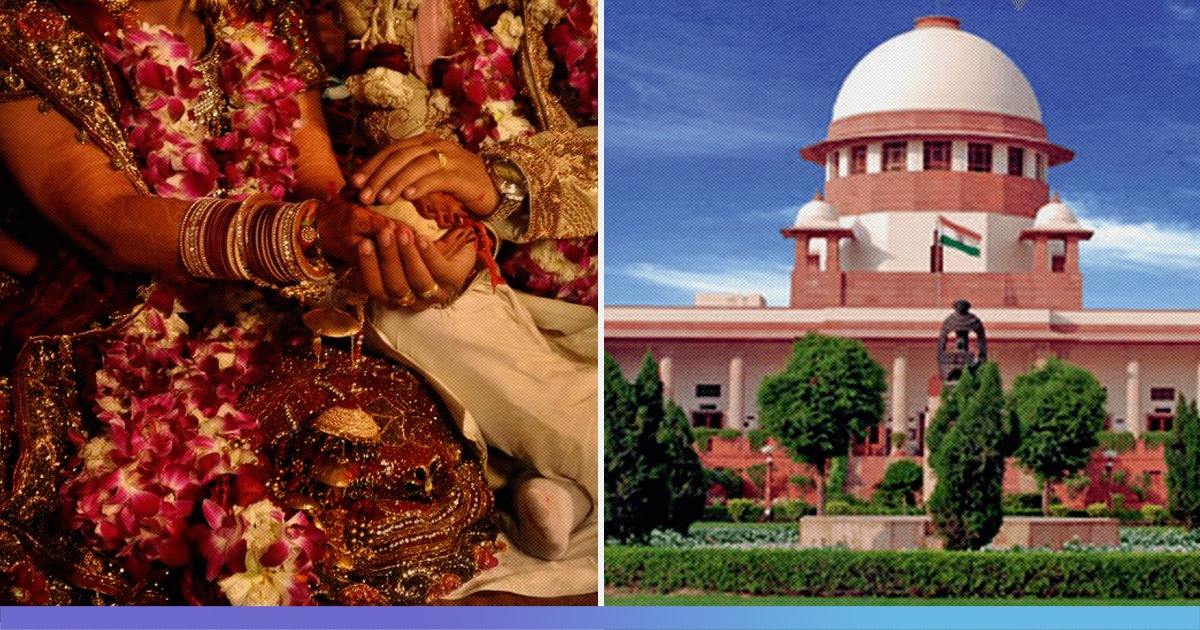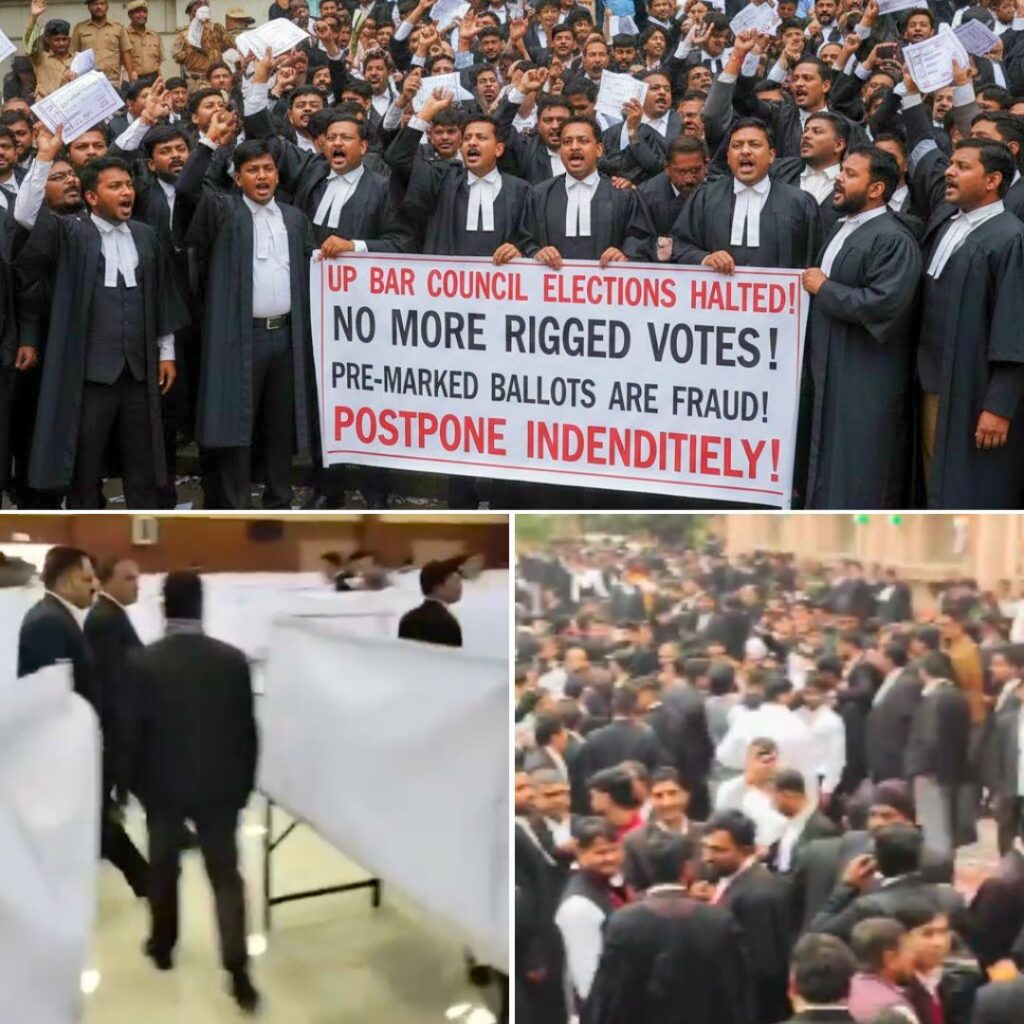The Supreme Court has observed that the mere registration of an agreement of a marriage is not sufficient to prove marriage.
The plaintiff in this case, Sujathamma who is is the maternal granddaughter of Sonnappa, has claimed to be married to her maternal uncle, Hanumanthappa – who is the deceased son of Sonnappa.
The trial court found that there were no evidence that necessary marriage ceremonies in accordance to the Section 7 of the Hindu Marriage Act, were performed. It also held that the deceased, as well as the plaintiff, had not attained the legal age to get married and so the ‘marriage’ was termed void but the plaintiff claimed that the marriage was still legitimate.
The trial court eventually agreed that the marriage was valid but denied any share in the property to the plaintiff.
The court also asserted that the agreement (marriage certificate) cannot act as a proof for the marriage, under the Special Marriage Act, 1954. It said that it was more of a contract for the marriage that happened to be registered.
Due to the inability to prove the solemnization of the marriage by customary ceremonies or rites, the Supreme Court denied the plaintiff any claim in the property. It justified its move stating that the mere act of bringing witnesses to testify for her, does not give the plaintiff any legal right to claim share.
Also Read: Karnataka: No Chips, Pizzas, Burgers In, Around Schools Anymore, Govt To Ban Sale Of Junk Food











